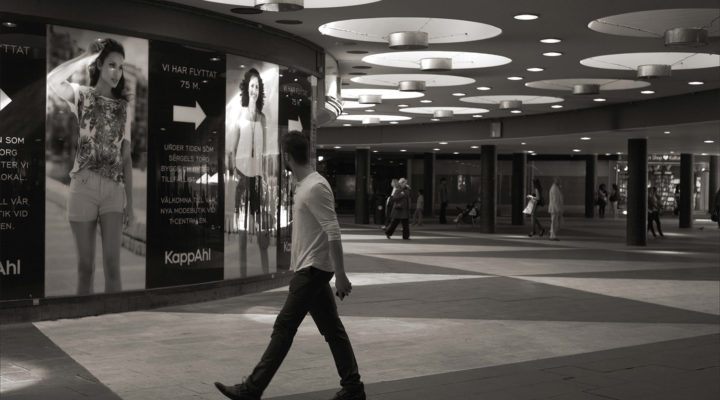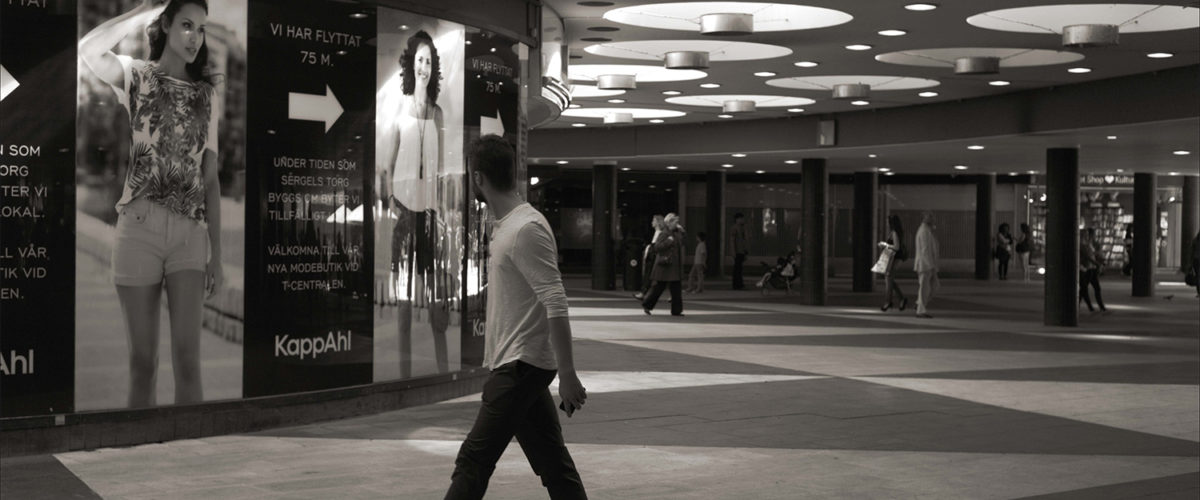The spiritual connection between a 58-inch flat screen TV and the human soul may seem tenuous to many Americans.
It may be even harder to believe how that elegantly simple IKEA coffee table makes life more complicated.
But rest assured, Traci Smith says, the material and spiritual are bound together and the former can definitely muck up the latter.
“There’s an idea that your spiritual life is divorced from the rest of your life, but it’s just your life,” says Smith, a Presbyterian pastor in San Antonio, Texas, and author of Seamless Faith: Simple Practices for Daily Family Life.
“There is no separate spiritual life. It’s all connected,” she told Baptist News Global.
Simplicity as a spiritual practice is nothing new. It’s ancient. The monastic traditions of every world religion attest to that — and so do the neomonastic movements taking root in many American urban and rural communities.
But the spirituality-versus-stuff topic is becoming increasingly of interest in everyday Christian settings, including media outlets and churches. On the whole, the articles being written, and sermons being preached, are calling for a balance between materialism and faith.
‘The abundant life Jesus promised’
Christianity Today recently published a blog in which author Joshua Becker shared how a garage cleaning session led to an epiphany that his family’s many possessions were more curse than blessing.
“Like many of us, I worked long hours for paychecks spent on technology, clothing, toys, furniture, decorations, cars, and hopefully someday, a bigger house in a nicer neighborhood,” Becker wrote in “5 Surprising Spiritual Benefits of Owning Less Stuff.”
“I didn’t really believe the purpose of life was to chase possessions, but my calendar and checkbook sure seemed to tell a different story.”
Becker and his family then embarked on a path of minimalism. Doing so, he wrote, provides more time for pursuing passions and leads to less shopping.
“When you’ve gotten rid of what you don’t need and set out to only keep what’s necessary, that insistent voice inside badgering you to buy more is quietly silenced,” he wrote.
The lifestyle also nurtures the spirit, fosters gratitude and provides a new perspective about rich and poor.
“Owning less may be one of the most significant steps you’ll ever take to the abundant life Jesus promised,” he wrote.
‘Simplicity of heart and identity’
But opposition is strong to such practices, says Joshua Hearne, executive director of Third Chance Ministries and abbot at Grace and Main Fellowship, a new monastic community in Danville, Va.
“We live in a world that wants our attention all the time,” Hearne told BNG. “People spend billions and billions on conveniences and you always need something or want something.”

Materialism involves a constant cycle of acquiring new possessions. Some ministers say that process can hinder spiritual growth. (Photo/Lindsey Turner/Creative Commons)
The result is a huge distraction, he says.
“We have found in our work that God seems to be committed to whispering. In a noisy world it’s hard to listen to a God who whispers in a still, small voice.”
Possessions are distractions because they often end up possessing the owner, he said.
“We become absolutely convinced that our identity is rooted in the things we have.”
Embracing simplicity cuts out the screaming, distracting voice of culture.
“The physical practice of simplicity leads us to more simplicity of heart and identity,” he said.
‘Freedom from the stuff’
Monastics aren’t the only ones figuring that out. Smith says she’s been approached by parishioners passionate about downsizing after reading books on the subject.
And she recently preached a two-part sermon series themed as a “spiritual spring cleaning.”
One homily examined how material goods can hinder spiritual growth. The other argued that outmoded ideas and beliefs can do the same.
In June, the church will host a recycling fundraiser where participants can drop off unwanted items.
“It’s a little about the money, but mainly it’s about the freedom from the stuff,” Smith says.
The problem with stuff is that it often becomes a person or family’s main or only focus.
“It’s not that I believe in not having stuff, but when it’s clogging up your life you can’t even enjoy it.”



